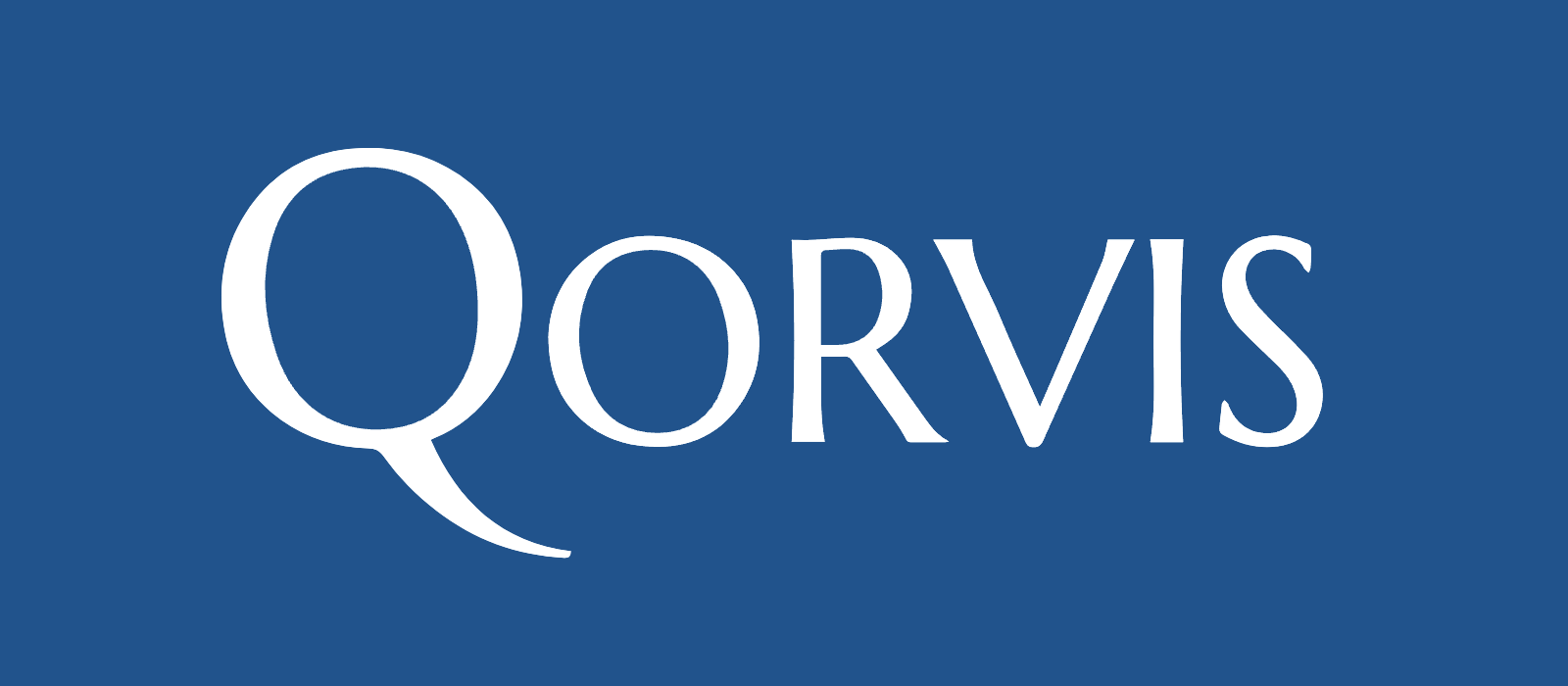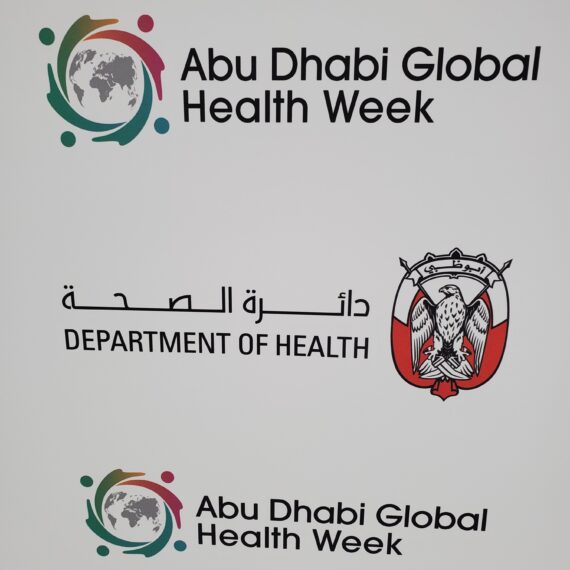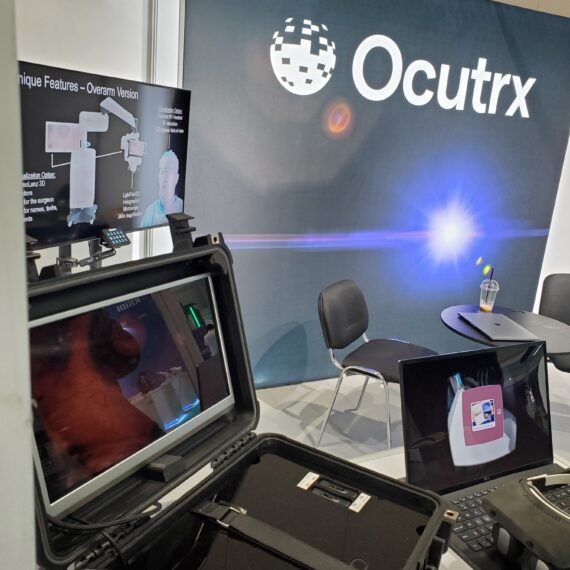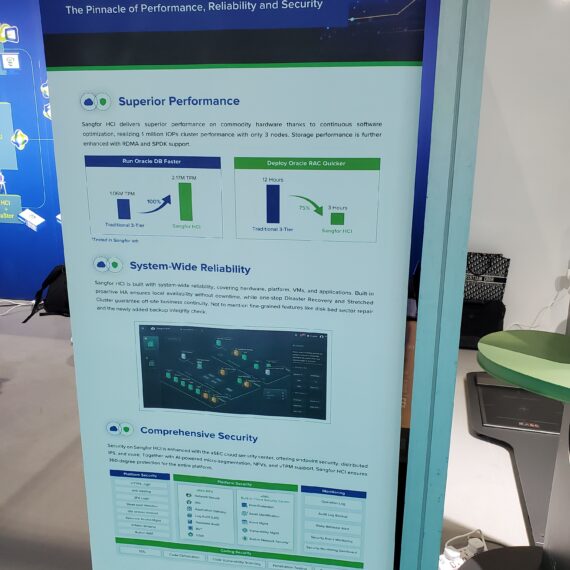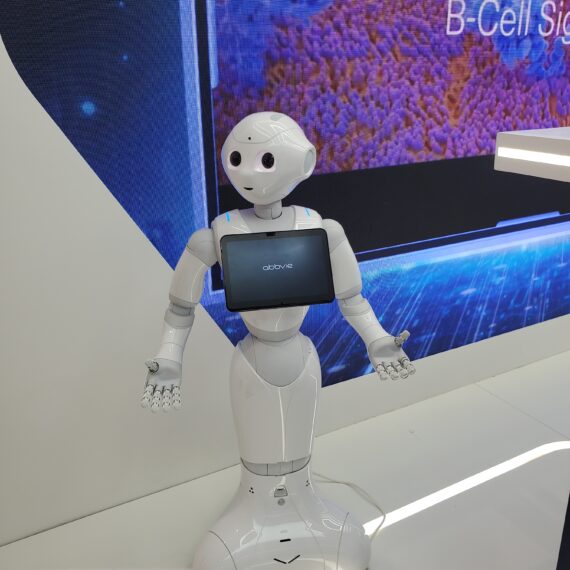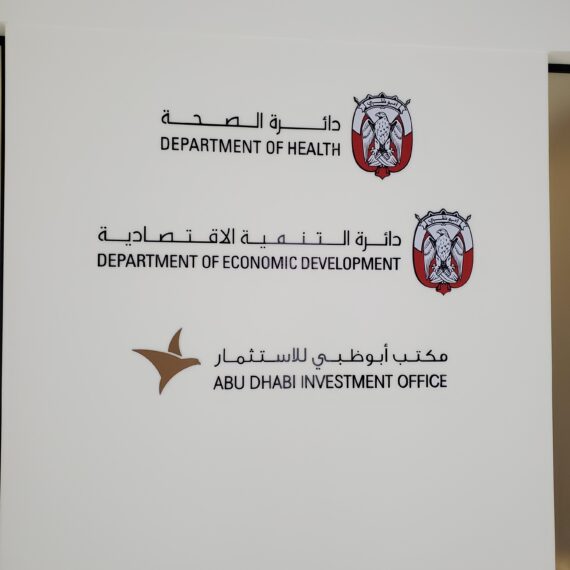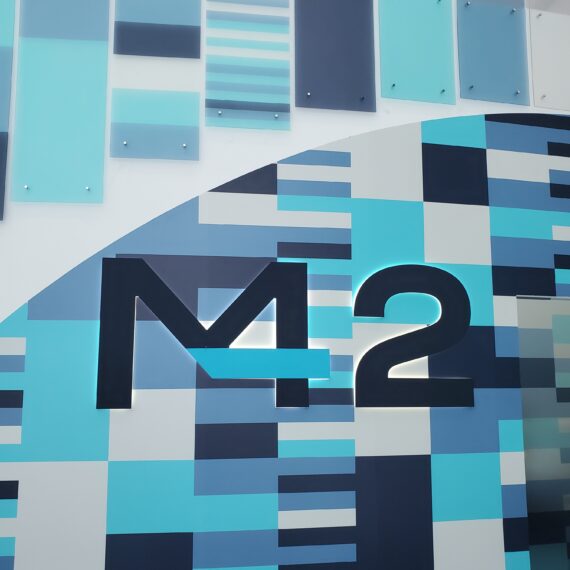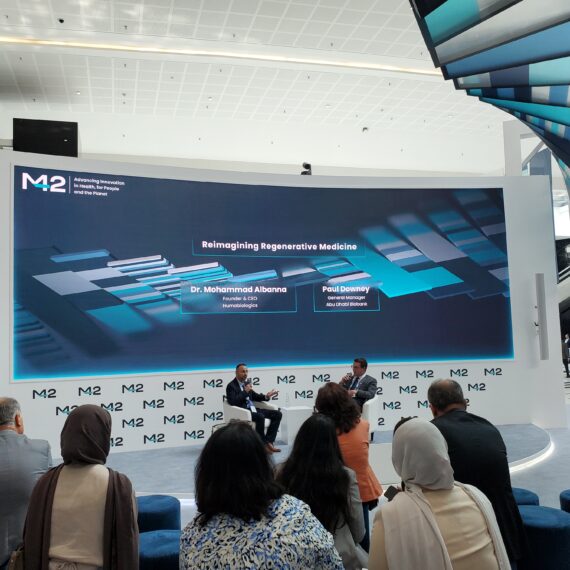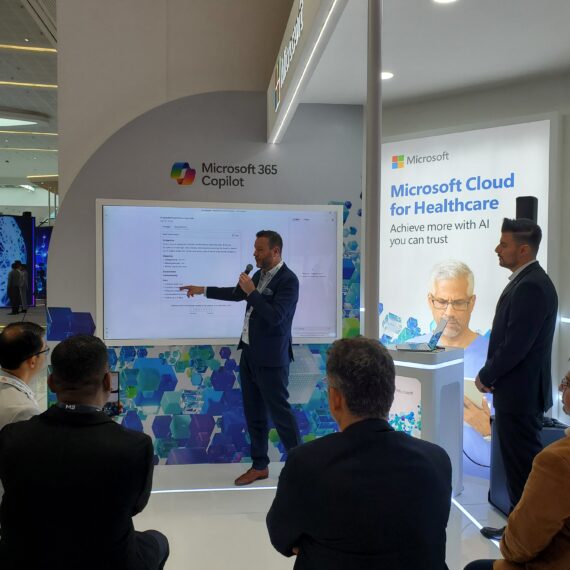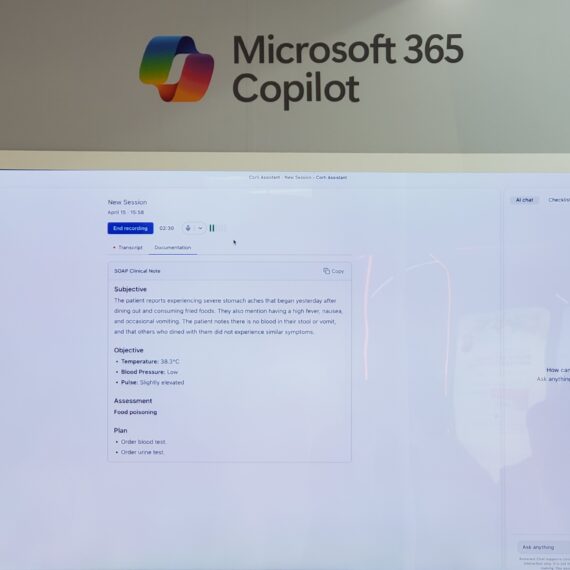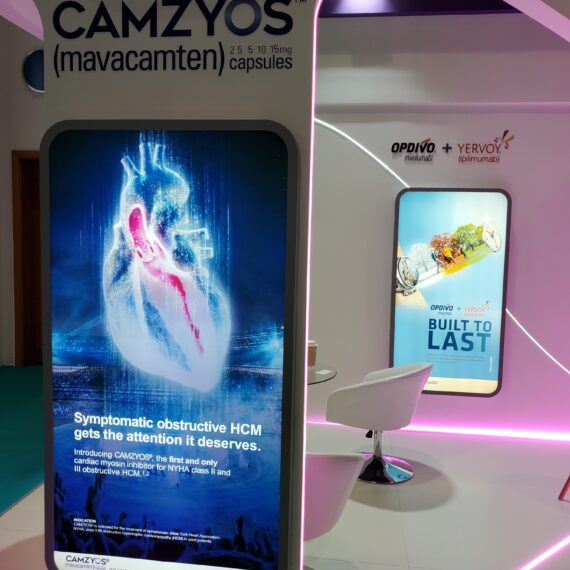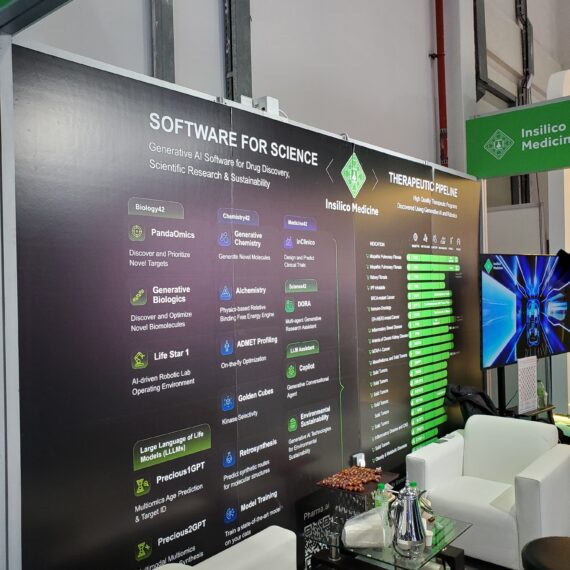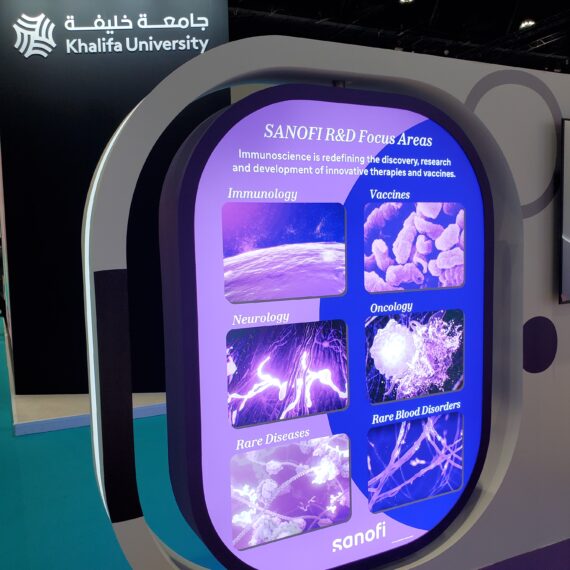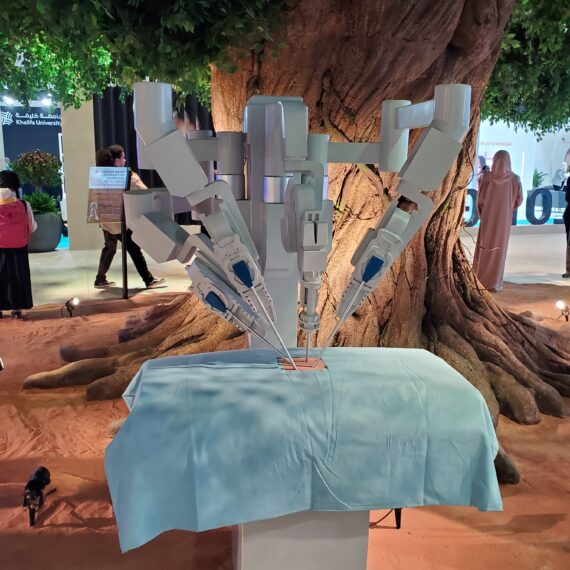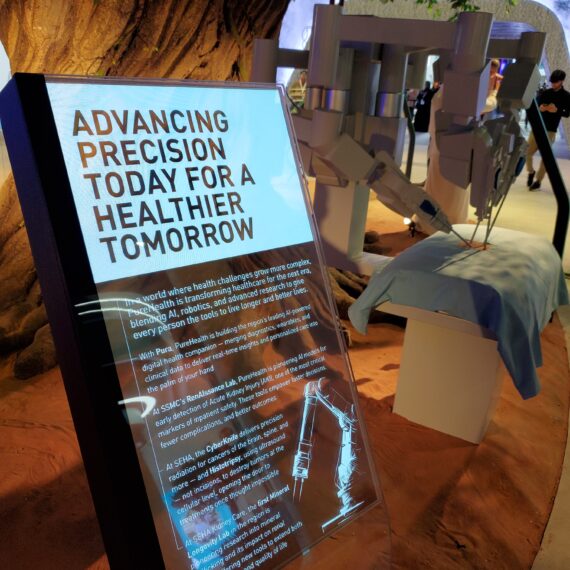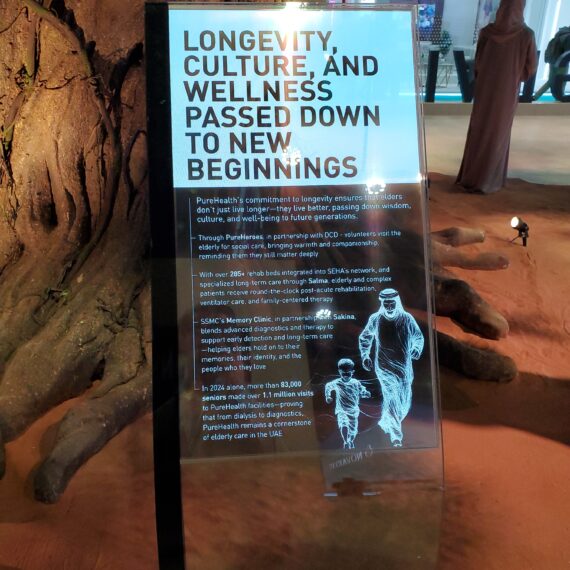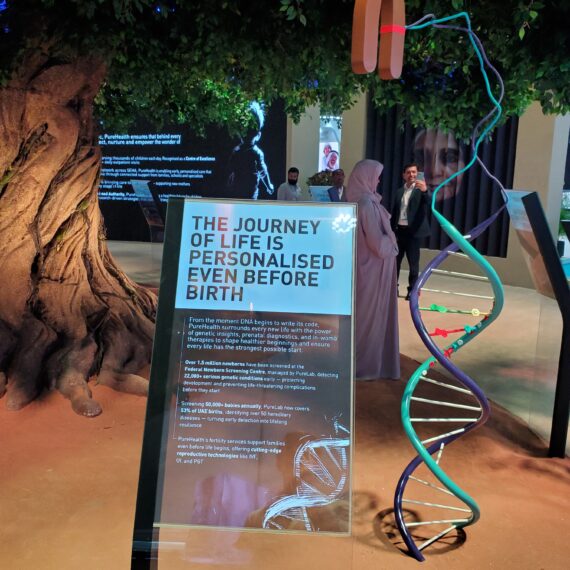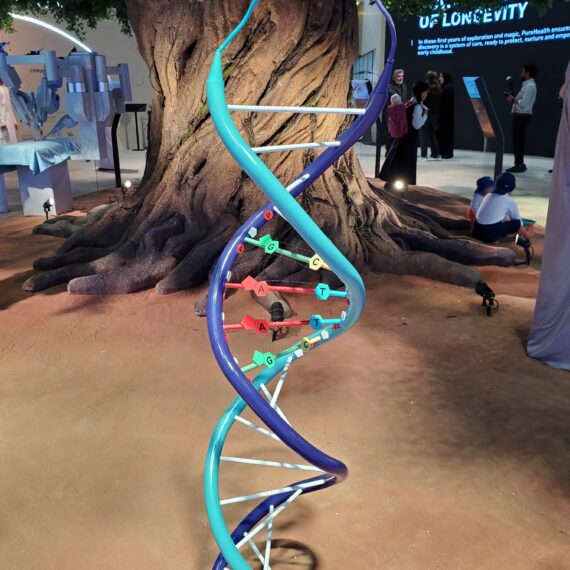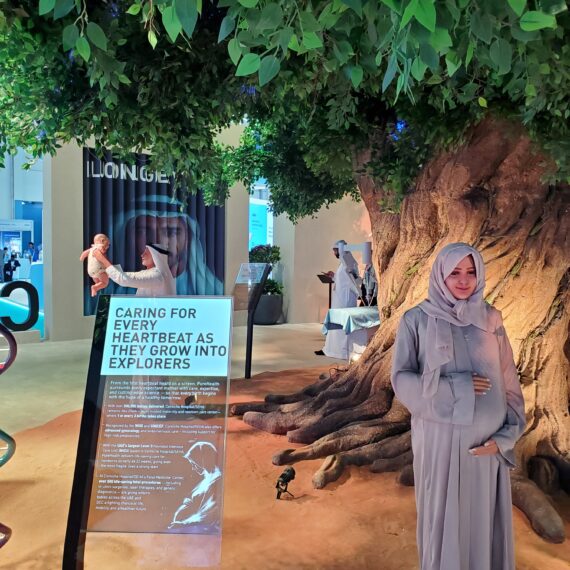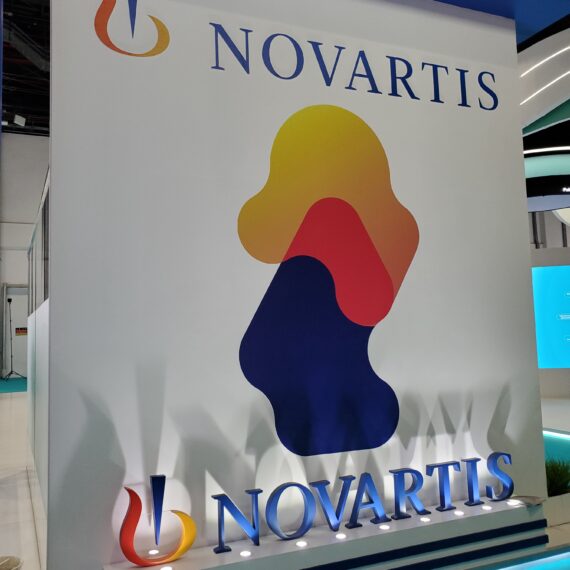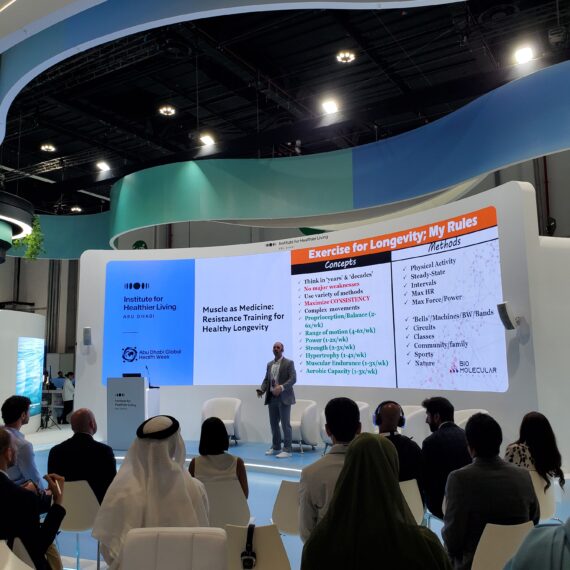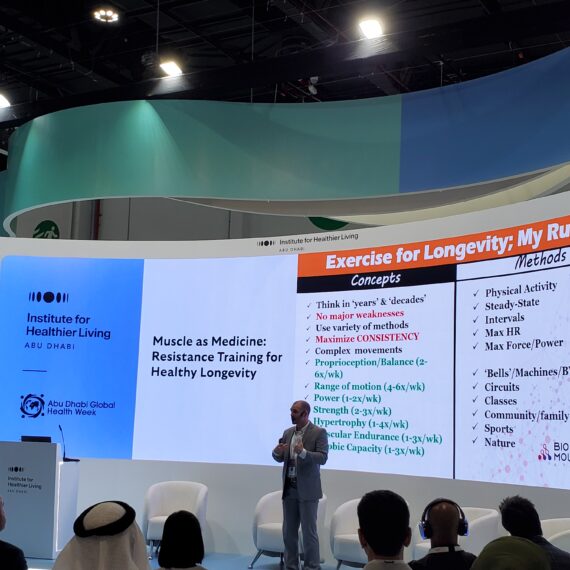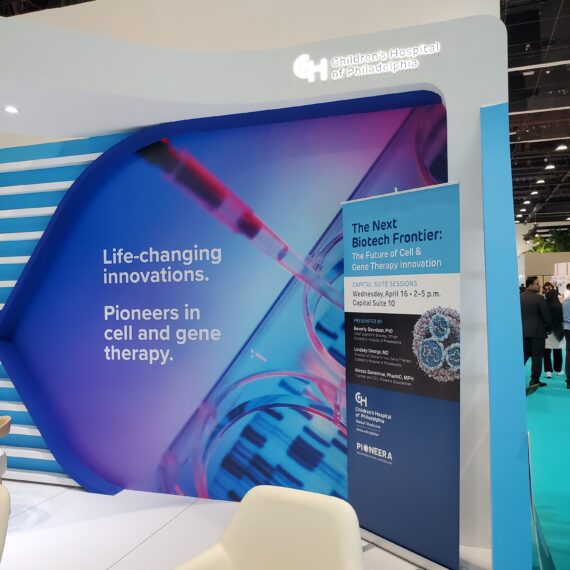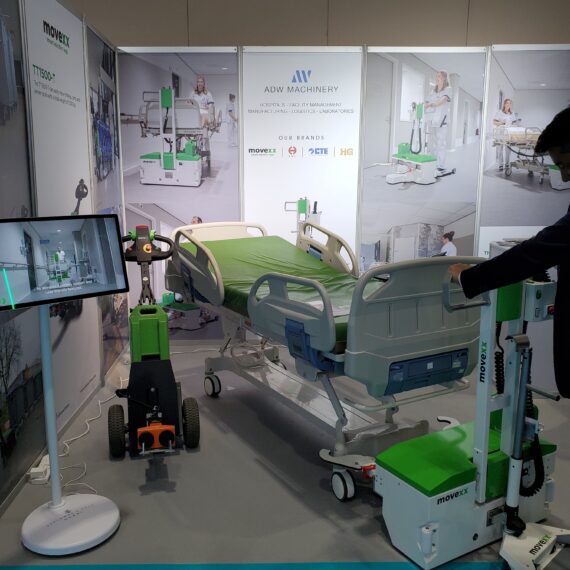AI takes center stage at Abu Dhabi Global Health Week
By Ian Dollar, Analyst, Dubai, Qorvis
Artificial intelligence (AI) may well have been the single most-used term of the entire 2nd edition of Abu Dhabi Global Health Week (ADGHW), held at the ADNEC Centre from April 15-17. The progression and integration of new technologies into the field of medicine was immediately perceptible in every panel and exhibition. The utilization of the vast amounts of data collected today in today’s clinics and hospitals, while fraught with its own challenges, promises to unlock solutions in the pursuit of greater human longevity, the delivery of health education, and the prevention of burnout among healthcare professionals.
The leviathans of the industry certainly made their presence known at ADGHW – GSK, Eli Lilly, Roche, Novartis, Sanofi, Takeda, Pfizer, AbbVie, Amgen, Bristol Myers Squibb. As the more traditional powers displayed their respective pharmaceutical interventions, newer entrants like M42, Innovaccer, H Robotics, and Praid AI sought to demonstrate how their innovative technologies could solve broad challenges facing the industry today. Eager to explain their mastery of AI and its growing relevance to medicine, several startups presented healthcare data management solutions, promising to deliver greater operational efficiency and to help practitioners better understand the needs of individual patients.
Another advantage claimed by those exploring the frontier of medical AI stems from the problem of burnout among healthcare workers. The WHO projects that in the next five years, the healthcare labor pool will include 11 million fewer workers than are needed globally, with burnout a key contributor to the shortfall. AI’s ability to record and disseminate notes and to collect data from medical devices will make a reduced administrative burden achievable, enabling healthcare workers to focus less on paperwork and more on patient care, which is of course what inspired most to join the industry in the first place.
Seeking to address the labor shortage from a different angle, several AI firms explained how their products were already being used to help train the next generation of practitioners. And not all AI firms at ADGHW confined themselves to education or to cutting the operational workload. Some demonstrated clinical applications – for example, analyzing tissue samples to improve the accuracy of diagnoses and the speed of early cancer detection. Efforts to test the limits of human longevity are also benefited by clinical AI. Diagnosis and early detection aid this goal to be sure, but beyond its growing use in day-to-day patient interactions AI is taking its place in medical research. R&D departments across the industry hope to wield AI to reduce operational delays in clinical trials and to predict which drug formulations are most likely to succeed in those trials, allowing them to use their resources more efficiently.
The promises of AI executives are bold, but progress toward their ambitions is already evident. Today, the vast majority of healthcare firms use AI in some capacity and the scope of its use is set to increase significantly as time marches on. While some continue to accuse AI of being a fad, the medical industry is taking it quite seriously.

